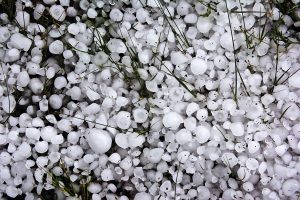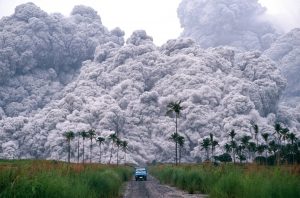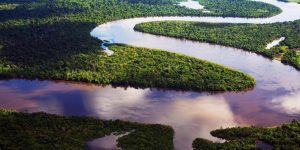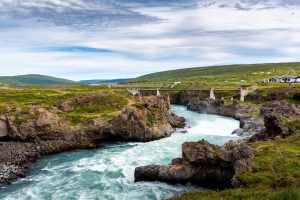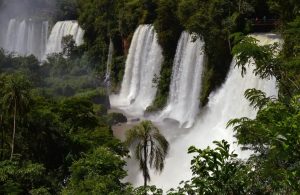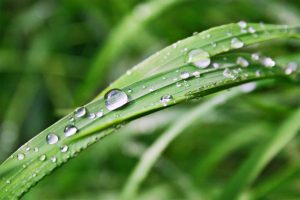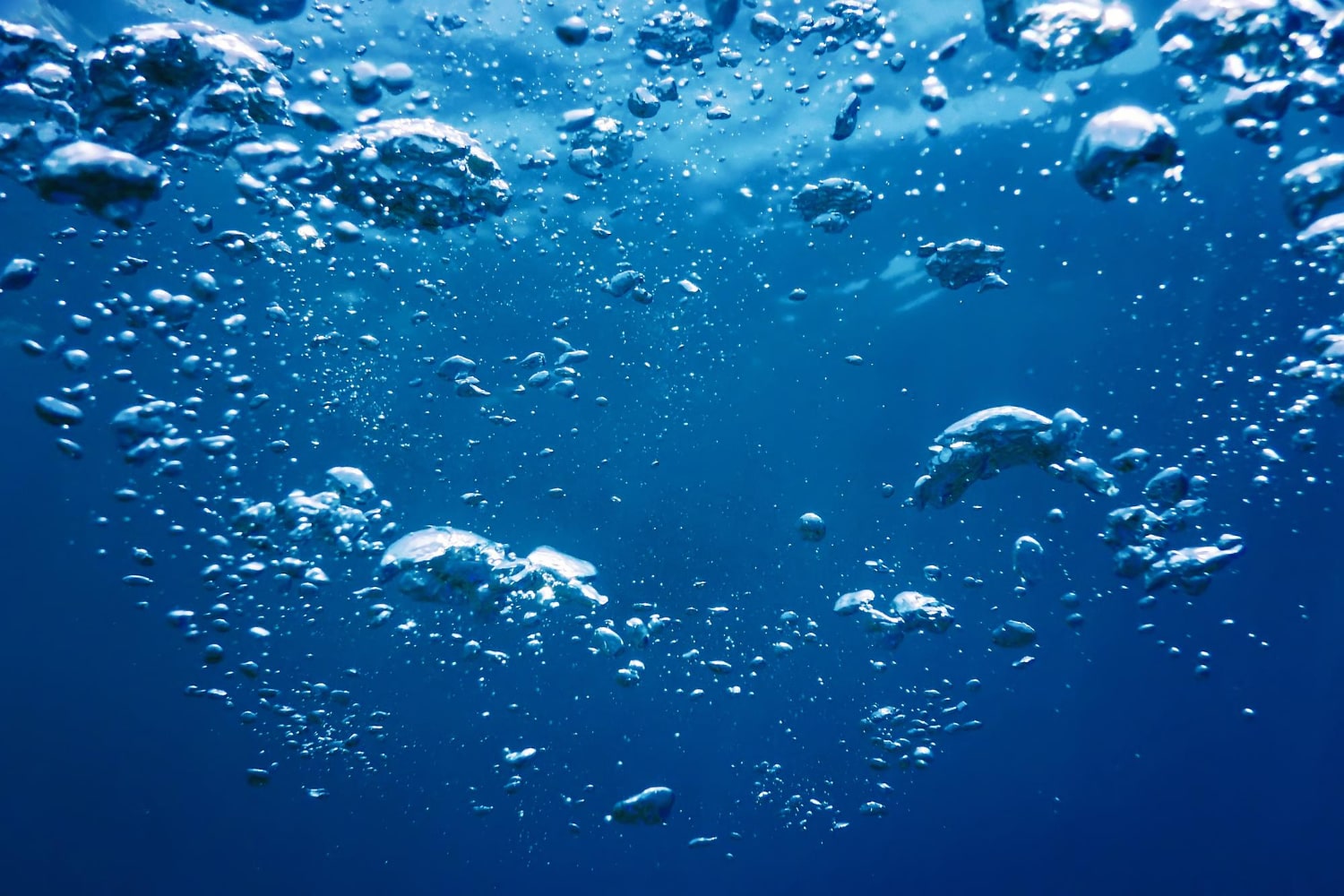
36 interesting facts about water
- 👁️ 346
Water is a remarkable substance that is essential for life on Earth. It exists in three primary states – solid, liquid, and gas – and covers more than 70% of the planet’s surface. Water is a vital component in various biological processes, ecosystems, and climatic patterns. From the human body, comprising around 60% water, to the vast oceans and atmospheric water vapour, this fascinating molecule connects life and the environment in complex and profound ways. It also plays a crucial role in industry, agriculture, and energy production.
Fascinating facts about Water:
- Water’s molecular formula is H2O, meaning it consists of two hydrogen atoms bonded to one oxygen atom.
- It is the only natural substance found in all three physical states at the temperatures commonly found on Earth.
- Approximately 97.5% of the Earth’s water is saltwater, and only 2.5% is freshwater.
- Of the freshwater on Earth, nearly 70% is frozen in ice caps and glaciers.
- Water has a high heat capacity, which helps regulate the Earth’s temperature.
- It is also known as a “universal solvent” because it can dissolve many substances.
- Water expands when it freezes, making ice less dense than liquid water, so it floats.
- The Earth’s oceans contain about 1.332 billion cubic kilometres of water.
- An average human adult body is made up of around 60% water.
- Safe drinking water is not accessible to nearly 785 million people around the world.
- Water is involved in various weather phenomena, including rain, snow, and humidity.
- Approximately 70% of the water used worldwide is for agriculture.
- The deepest point in the world’s oceans is the Mariana Trench, which is more than 10,000 metres deep.
- The boiling and freezing points of water are used to define the Celsius temperature scale.
- Water’s surface tension enables certain insects to walk on water.
- It takes more than 15,000 litres of water to produce a kilogram of beef.
- Transpiration in plants is a process where water is absorbed by the roots and then released through the leaves as vapour.
- Hot water can freeze more quickly than cold water under certain conditions, a phenomenon known as the Mpemba effect.
- Approximately 1% of the world’s water is contained in living organisms.
- The first-known water pipes were made in ancient India around 4000 BCE.
- The total volume of water in the human brain is about 1.1 litres.
- Clouds are formed by water droplets or ice crystals suspended in the air.
- The Amazon River discharges more water than the next seven largest rivers combined.
- Pure water is tasteless, odourless, and colourless.
- Water’s high heat of vaporisation helps moderate the climate and cools living organisms.
- Fog is a collection of water droplets or ice crystals suspended close to the ground.
- Water contributes to the greenhouse effect, trapping heat in the Earth’s atmosphere.
- An average person in a developed country uses around 250 litres of water per day.
- Water is essential for photosynthesis in plants, which produces oxygen.
- The average human can survive only about three to five days without water.
- The water cycle describes the continuous movement of water on, above, and below the Earth’s surface.
- Groundwater, found in aquifers, supplies drinking water for approximately 30% of the world’s population.
- Water can erode rocks and create natural formations, such as the Grand Canyon.
- Drinking too much water in a short period can lead to water intoxication, a potentially fatal condition.
- Wastewater treatment is a vital process that makes water safe to return to the environment or for reuse.
- A water molecule spends 98 years in the ocean, 20 months as ice, about two weeks in lakes and rivers, and less than a week in the atmosphere, on average.
Water’s unique properties make it an extraordinary substance that sustains life, shapes landscapes, and drives the Earth’s climate system. Its role in biological, environmental, and human activities is unparalleled, making its conservation and responsible use paramount for future generations. The ever-present but often overlooked nature of water is a reminder of its intricate connection to every aspect of our lives. It is not just a simple molecule, but a complex and vital component that weaves itself into the very fabric of existence.
